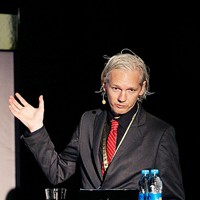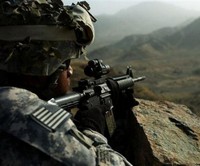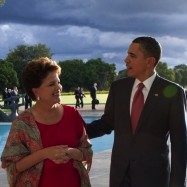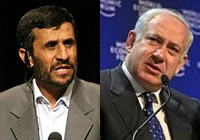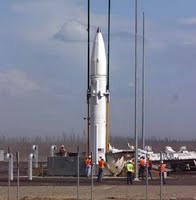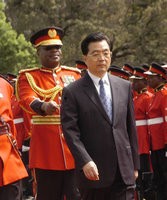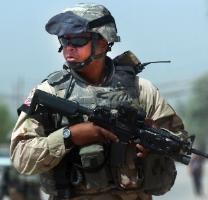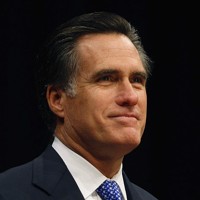
Editor’s note: This will be the final appearance of Thomas P.M. Barnett’s “The New Rules” column at World Politics Review. We’d like to take this opportunity to thank Tom for the insightful, compelling analysis he has offered WPR readers each week for the past three years, as well as for the support he has shown for WPR over that time. We wish him continued success. Amid all our current fears regarding the global economy’s potential “double dip” back into deep recession, a longer-term question stands out: How can a supposedly declining America protect the golden goose that is globalization while […]


